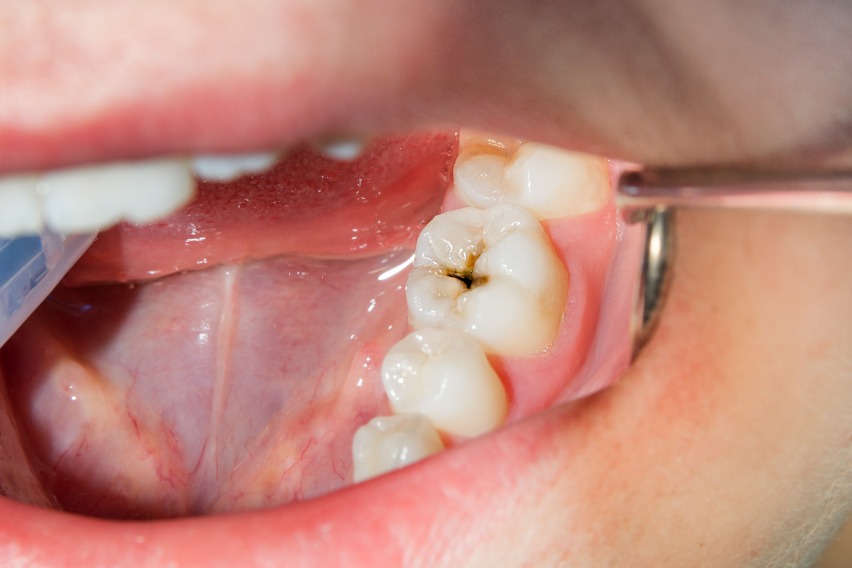
Dental caries or cavities are erosions on the tooth’s surface that usually result from bacterial infection, accumulation of plaque and tartar, and mouth acids. According to the National Institute of Dental and Craniofacial Research (NIDCR), a staggering 92% of people aged between 20 – 64 suffer from dental caries. Interestingly, white adults and people from homes with higher incomes have tooth decay on their permanent teeth. You can trust Dr. Archer M. Katz to resolve dental caries problem to save your natural teeth.
How do dental cavities occur?
Poor oral hygiene is responsible for launching dental caries, affecting adults and young children alike. Bacteria is already present in the mouth, which then combines with food particles after eating, thus creating plaque. If you don’t remove this sticky substance by regularly brushing and flossing your teeth, the plaque calcifies into tartar.
The accumulation of mouth bacteria, acids, plaque, and tartar is what attacks your enamel and pokes small holes known as dental caries or cavities. If there is no intervention, these tiny holes advance to become big cavities that could destroy a whole tooth and render it useless.
What are the risk factors of dental caries?
According to a research paper commissioned by the WHO, socio-behavioral risk factors make dental caries more possible in some populations than others. Education, income, ethnicity, lifestyles, occupation, and social network support are important risk factors to consider.
Environmental risk factors include sanitation, hygiene, drinking water, and nutritional status. For instance, someone who resides in unclean water is likely to suffer from dental caries. People who consume too much sugar in their diet, such as taking copious amounts of carbonated drinks, often get cavities.
Measures to Prevent Dental Caries
No matter your predisposition to dental caries, there are measures you can take to safeguard your teeth from attacks.
- Observe proper oral hygiene practices like brushing and flossing at least twice per day
- Swirl antiseptic mouthwash after teeth cleaning
III. Go for dental checkups as often as necessary
- Dental sealants and protective coating can protect your teeth from cavities.
- Avoid consuming excess sugars, acid-laden foods, and starch in your diet
- Take fluoride treatments as advised by your dentist
The connection between dental caries and dental abscesses
You can observe the above directives and still get dental caries. If no intervention is made, cavities pave the way for more dental complications like a dental abscess, excruciating pain, and tooth sensitivity. A dental abscess is a buildup of pus inside an infected tooth (periapical abscess), gums (periodontal abscess), or in the bone holding the tooth in place. It usually results from a severe bacterial infection.
When dental abscesses remain untreated, the infection travels through the bloodstream, affecting other areas like the brain, lungs, or heart. Therefore, it is essential to address dental caries as soon as it occurs to fend off other complications that could put your health in jeopardy. Consult with your dentist for a complete exam and cleaning to remove stubborn bacteria. They may also prescribe antibiotics depending on the severity of the matter.




